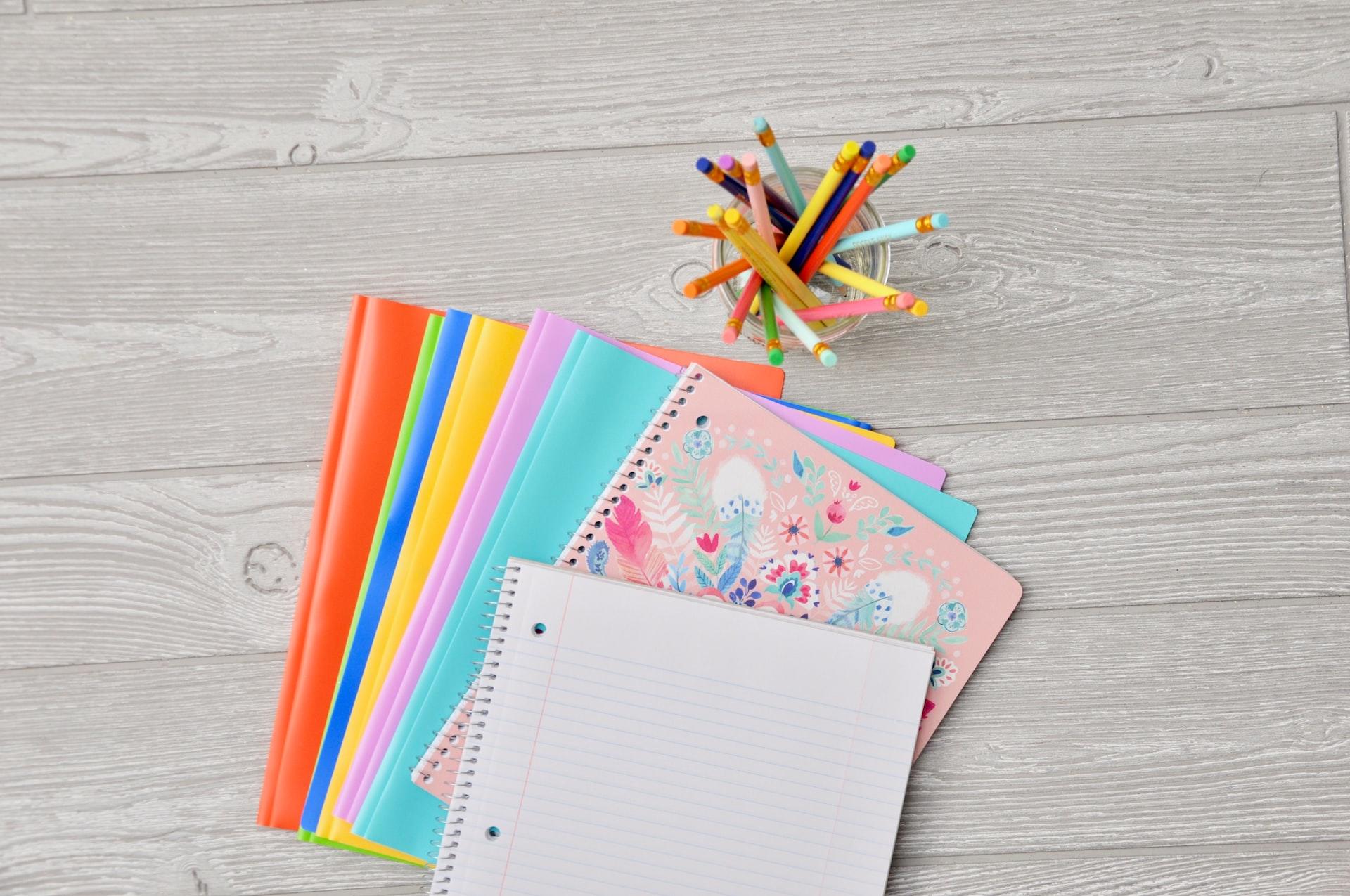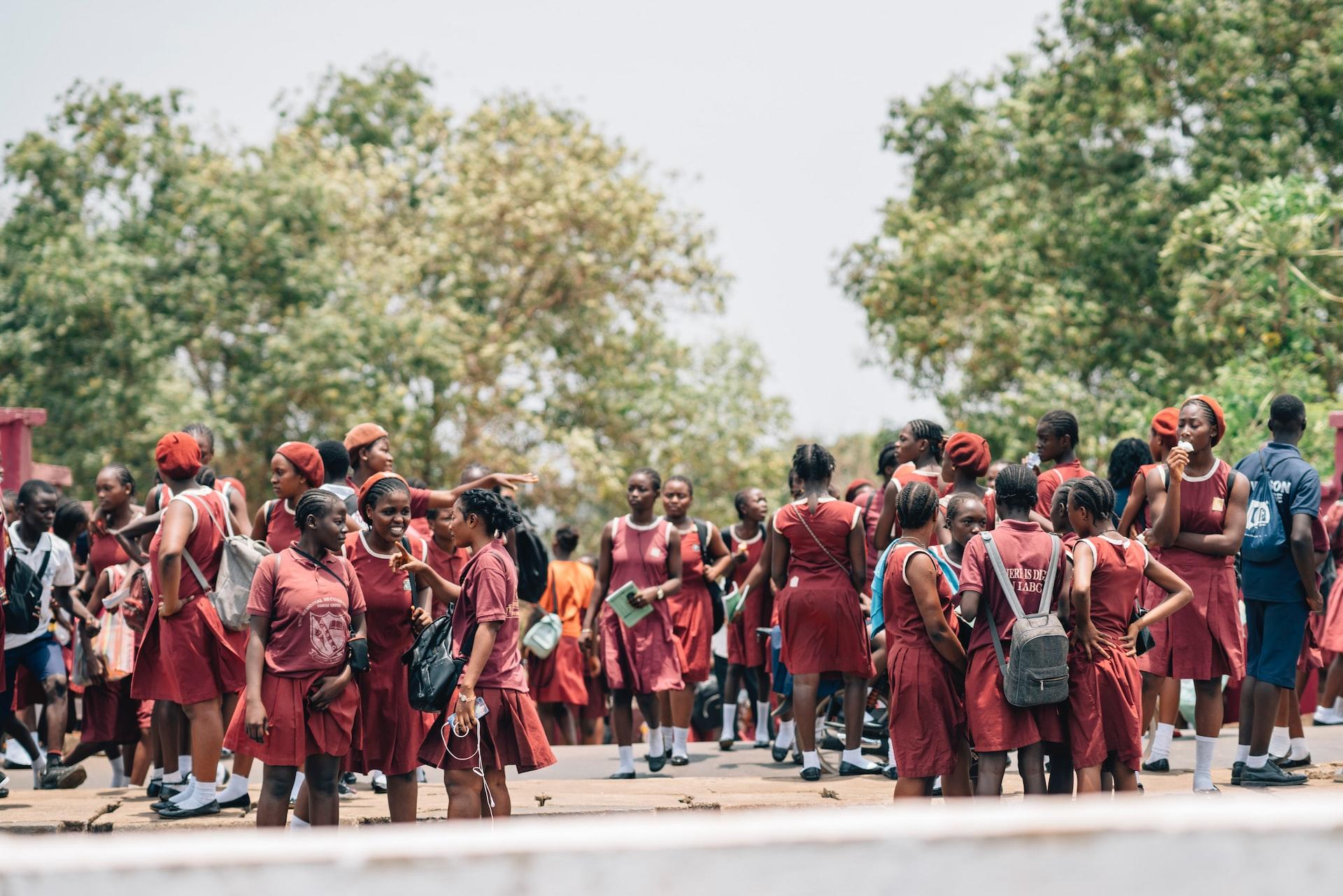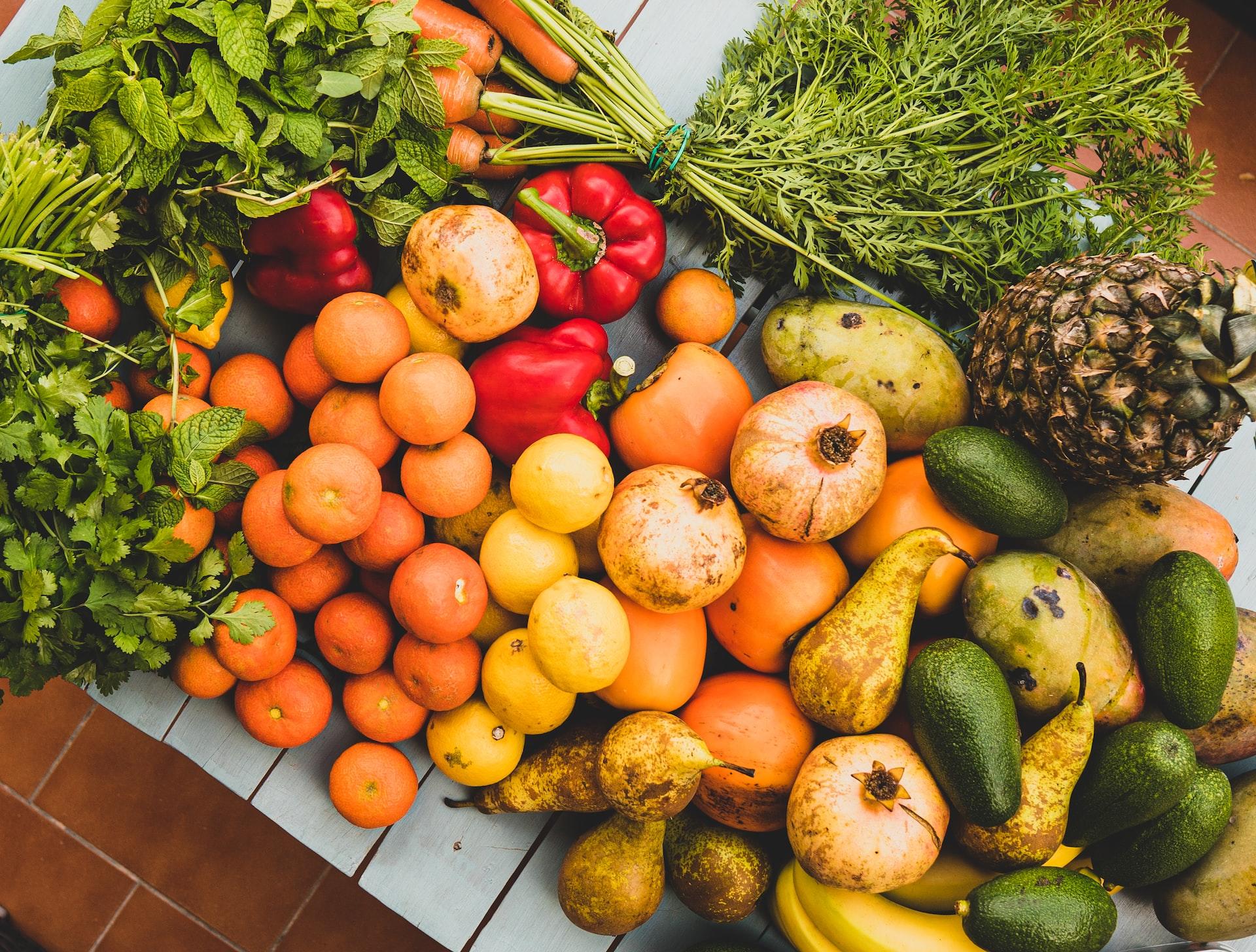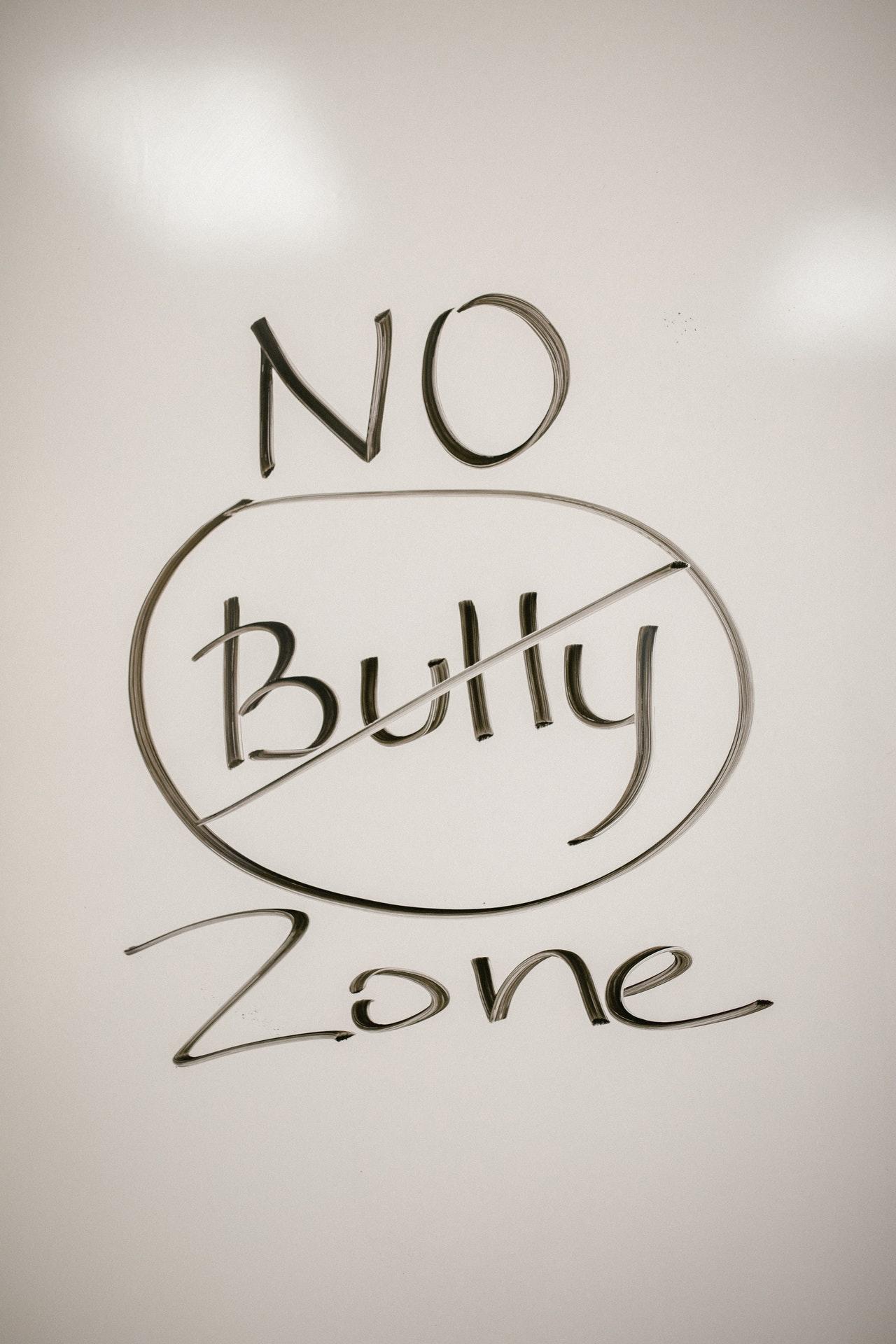Going to school after the long summer break is always exciting for parents and kids. Parents will finally get time for themselves, while kids will finally get to meet old and new friends again.
However, the back-to-school excitement comes with lots of planning and new routines for kids and parents. When you have Kids not excited about school, you should point out the positive aspects of starting school, which will help them look forward to the first day of class. Talk about how they will see old friends and meet new ones, for example.
A new school year for kids means new opportunities, growth and seeing friends. It comes with parents having to prepare by shopping for the new academic year and mentally preparing for the routines that will follow their resumption.
Fortunately, getting well-prepared a few days or weeks in advance can make easing back into the school routine easier for parents and kids.
Unlike 2020 and 2021, when resumption was a bit scary for parents due to the pandemic, this school year has gotten off to a good start. The thought of the virus no longer lingers fearfully in our hearts, especially for parents who are overly protective of their kids and their welfare.
In Nigeria, the start of a new school year comes with adverts attracting parents on what to get for their kids in preparation for their resumption date. While several things are in adverts for your primary and secondary school kids, not all are necessary for their education.
What about school lunch?
What should those shopping lists contain?
Is the covid-19 virus still an issue that should overwhelm you?
Well, this article will give you answers that shall help your back-to-school preparations for you and your kids.

Back To School For Primary Students
The new school year is a mixture of kids starting school for the first time or returning students.
Students at this stage find it difficult to adjust to a new routine, especially the ones that involve sleeping early and not watching cartoons as usual. Getting back into a school sleep-twon’t happen overnight. A few weeks before school starts, get your child into the habit of going to bed earlier.
There could also be some anxiety, be ready for that.
Whether the kids are excited or not, they have to resume school. Part of the resumption process is getting them ready by providing the things they would need for the school year. Every school student has one thing in common: they need materials to take to school.

For primary school students, the greater emphasis is on school and Physical Education uniforms because, usually, schools provide school stationery and writing implements. Not all primary schools in Nigeria will provide writing materials for primary school students.
Even if they do, you still need to buy some stationery because there would be homework, which will demand stationery.
Primary school kids outgrow everything too fast. Many Nigerian parents buy school uniforms one or two sizes bigger than the child needs so they can grow into them. It may be the only time in their academic career when they can get away with wearing ill-fitting clothes without being mocked.
Still, it would be best not to go overboard on the oversizing, especially where shoes are concerned. We do not want kids tripping all over because of overly big shoes, do we? We certainly do not desire it.
Here is a list of some things that you should have on your shopping list for primary school students:
- Pencils
- Rulers
- Erasers
- Pencil case
- Bag pack
- Sharpeners
- Lunch boxes
- Water bottles
- Book covers
- Hand sanitisers or wipes
- Exercise books
- Coloured pencils
- Colouring pens
- Plain papers
Some of these items can express their individuality, for example, a themed lunch box and water bottle in their favourite colour.
Back To School For Secondary Students
Secondary school students, unlike primary students, are familiar with school routines. Like primary students, there are essentials parents need to get ahead of the resumption date.
Parents also need to remember that secondary school students are pickier than primary school students and their shopping list is more than that of your primary school kids.
It is either your child is starting secondary school for the first time, is resuming a new session, or they are transiting from junior secondary to senior secondary school.
If your child is starting secondary school, you need to get a list of the uniforms they would need. In Nigeria, you need to know that junior secondary school uniforms are usually different from senior secondary school uniforms.

Students already in secondary school probably already have all the uniforms and P.E. kits they need. Unless they have outgrown anything, particularly their shoes, you may only have to replace those items that show excessive wear.
However, if they are starting secondary school or moving from being a junior to a senior student, you have to buy uniforms and P.E kits they will need for the new transition.
Here is a list of what you can get for your secondary school students asides from things like blazers and cardigans:
- three to five button-down shirts
- at least one tie - two would be better
- at least two pairs of trousers; the same number of skirts or pinafore for female students
- uniform-compliant shoes and socks;
Sports uniforms are also vital to their education. For instance, if their activity includes a swimming component, they will need swimwear, swimming goggles and a towel.
The stationary shopping list for secondary school students is usually longer as the students are required to take more subjects.
Other miscellaneous you should consider buying are:
- Water bottles
- Book covers
- Folders to hold handouts and assignments
- Combination lock or a padlock with keys for their lockers.
Healthy Lunches for Students
Some studies have found that poor nutrition leads to fatigue, lack of concentration, dehydration and poor health that inhibit their performance in school.
Good nutrition helps students show up at school prepared to learn. Every student has the potential to do well in school. Failing to provide healthy meals puts them at risk of missing out on meeting that potential.
We recommend that each lunch has the daily nutritional value for a growing and developing child. Add fruits and vegetables to each meal and if you want to give them some juice, make them yourselves at home.
If you do not have the time to prepare meals for your kids, you can pay for their school lunches if available.

Schools in Nigeria that provide lunches for their students usually have a timetable. The timetable will let students know what they will be eating each day. Schools that do not allow students to bring food from home will offer options for their students.
The alternative to packing lunches would be paying for school lunches. However, for many reasons - medical necessity, religious mandate or personal preference, families feel that school lunches could not meet any special dietary needs.
Dietary constraints differ from person to person. Some of the more common ones include:
- Food allergies and intolerances — such as dairy-free, fish and shellfish allergies, nut-free and gluten-free
- Special dietary requirements — vegetarian, vegan and mental
- Weight -overweight or underweight
- Lactose intolerance
- Diabetes
The Start Of School Since Covid-19
By now, the whole world is familiar with the virus that put us all on lockdown. It does not make the virus less threatening. It only means we have more knowledge and tools to minimise infection risks.
Since COVID-19 vaccines are not for school-age children under 18 years, it is appropriate that health protocols must be in place to protect children from COVID-19. That is why schools across Nigeria are following precautions for children in primary and secondary students.
Parents are encouraged to give kids pocket hand antiseptic, though most schools have them available. Classes are now well ventilated, and spacing among the kids is better.
Currently, wearing masks is not mandatory in Nigeria. Many primary and secondary schools are not mandating their students on face masks. However, all due caution to avoid a spread is still in place.
According to data from around the world, only around one to seven per cent of all COVID-19 cases are children and youths below age 18. So your children are more likely to be safe than you as parents. Parents in Nigeria are encouraged to make every use of the opportunity provided by the government to get their COVID-19 vaccine at no cost.
Due to the popularity of the virus, schools are prepared and will take the necessary steps to avoid its further spread.
Summarise with AI:














